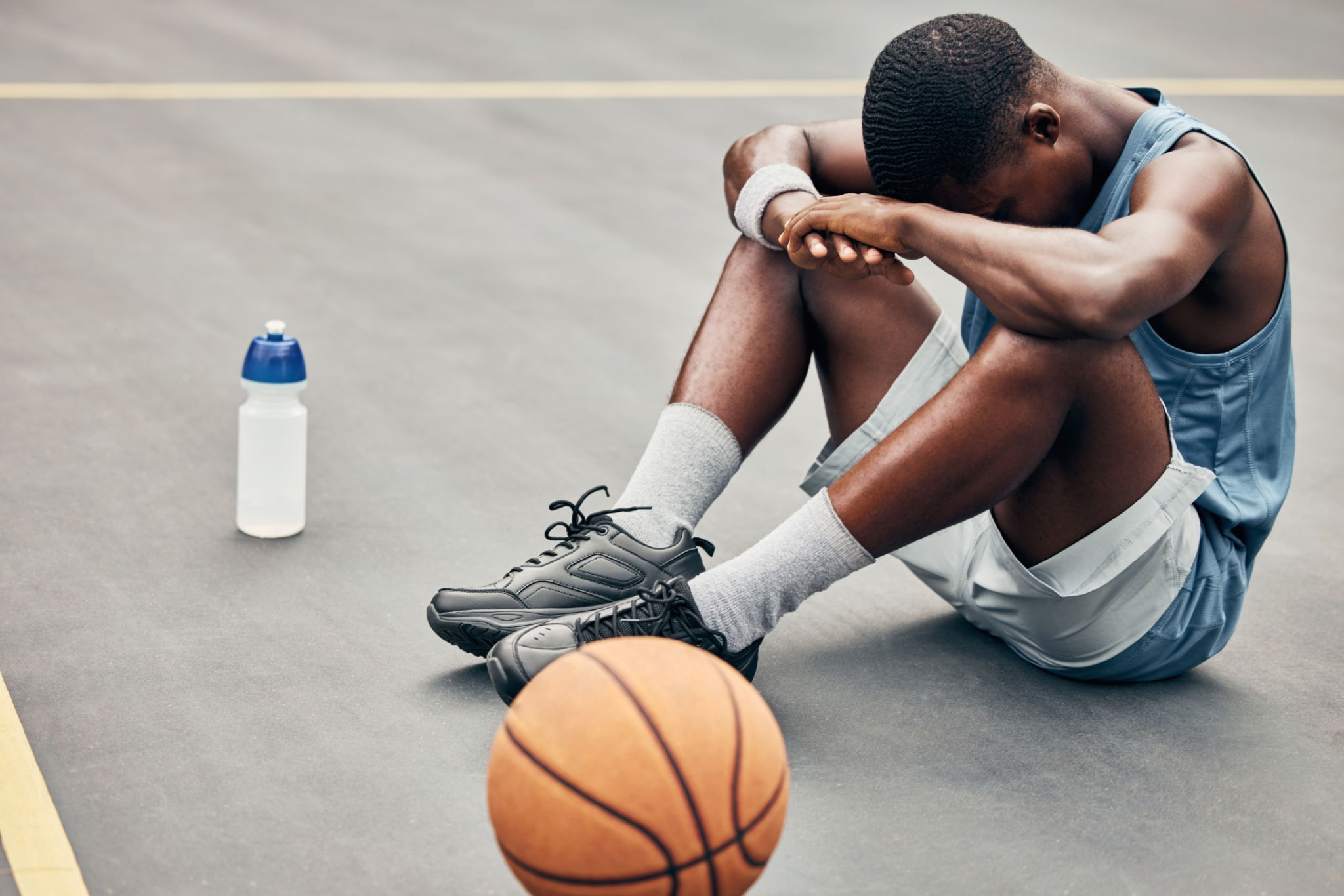Unlocking Athletic Potential: How Sport Psychology Can Enhance Performance
The Role of Sport Psychology in Athletic Success
In the competitive world of sports, physical prowess is often seen as the primary driver of success. However, the mental edge can be just as critical. Sport psychology focuses on enhancing an athlete's mental faculties to improve performance, resilience, and overall well-being. Understanding and harnessing these psychological factors can unlock potential that might otherwise remain dormant.

Understanding Mental Barriers
Athletes frequently face mental barriers that can hinder their performance. These barriers can include anxiety, lack of confidence, or a fear of failure. By identifying and addressing these issues, sport psychologists help athletes overcome obstacles that might impede their progress. Techniques such as visualization, relaxation exercises, and cognitive restructuring are used to manage stress and boost confidence.
Visualization, for example, allows athletes to mentally simulate their performances, helping them prepare for various scenarios. This technique can be particularly useful in high-pressure situations where physical practice alone may not suffice.
Building Mental Resilience
Mental resilience is a key component of athletic success. Sport psychologists work with athletes to develop a mindset that embraces challenges and views setbacks as opportunities for growth. This resilience not only aids in performance but also contributes to an athlete's long-term career longevity.

By fostering a growth mindset, athletes learn to persevere in the face of adversity. This involves cultivating a positive attitude, maintaining focus, and setting realistic yet ambitious goals. The result is an athlete who is better equipped to handle the ups and downs of competition.
Enhancing Focus and Concentration
Focus and concentration are vital skills in any sport. They enable athletes to perform consistently at high levels by maintaining attention on the task at hand. Sport psychologists employ various techniques to enhance these skills, including mindfulness practices and concentration drills.
- Mindfulness helps athletes stay present, reducing distractions and improving decision-making.
- Concentration drills are designed to train the brain to focus for extended periods.
These techniques not only improve performance but also reduce the risk of errors in critical moments.

The Impact of Positive Self-Talk
Positive self-talk is another powerful tool in the sport psychology arsenal. It involves replacing negative thoughts with constructive ones, reinforcing an athlete's belief in their abilities. This shift in mindset can lead to significant improvements in performance.
- Athletes learn to challenge negative thoughts and replace them with affirmations.
- This practice boosts confidence and reduces performance anxiety.
Through consistent application, positive self-talk helps athletes maintain motivation and stay committed to their goals.
Conclusion: The Path to Peak Performance
The integration of sport psychology into an athlete's training regimen can have profound effects on their performance. By addressing mental barriers, building resilience, enhancing focus, and fostering positive self-talk, athletes can tap into their full potential. As the understanding of sport psychology continues to grow, its role in shaping future champions becomes increasingly evident.
